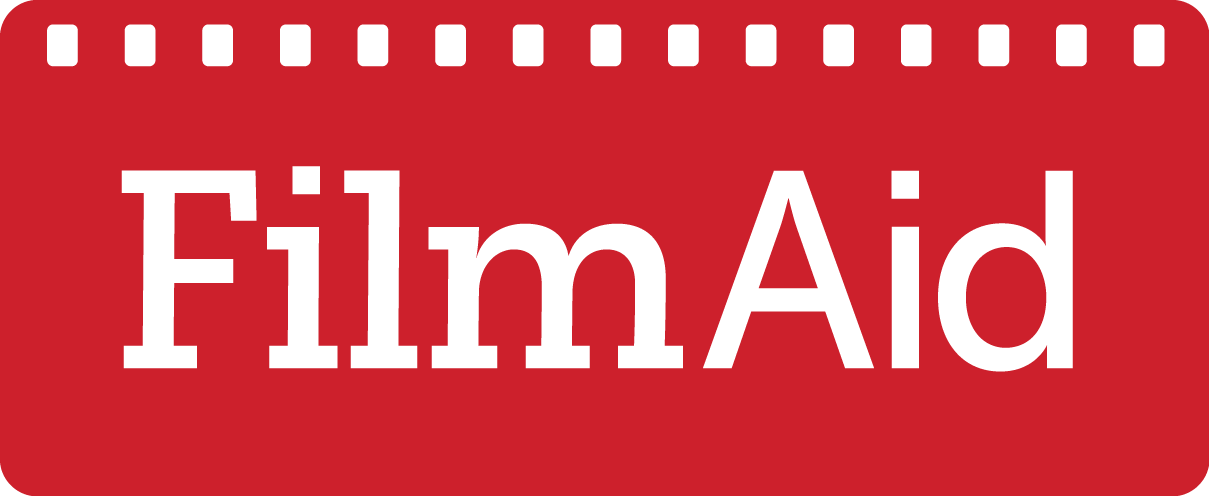The Refugee Magazine is created by, written for and distributed freely to refugees in Kakuma and Dadaab refugee camps in Kenya. The magazine publishes original content and covers many subjects relevant to its readers such as reportage on key events, poetry and arts, life stories and practical information.
The Refugee Magazine is now in its fifth year, and continues to entertain, inform, and give a voice to those living in the camps.
This week, in light of the UN announcement of its campaign to combat statelessness, we are sharing the story of Abdiweli Omar Mohamed. His story details his family's struggles with fleeing civil war, encountering drought, becoming stateless, and life in Dagahaley camp, where Abdiweli later received education and journalism training through FilmAid's Media Arts Training program.
'The Story of My Life, as a Refugee' by Abdiweli Omar Mohamed
Featured in The Refugee, Dadaab Edition No. 2, 2014.
At the beginning of the fall of President Siyad Bare’s regime in 1990, I was still unable to differentiate between war and peace – I was two years old.
I was the second last born in my family, with two elder brothers. When the civil war broke out, people started fleeing towards different parts of the country in fear for their lives, but for my family, we had no other option but to go where my father was – in the bushes with our countless cattle and goats. So my mother arranged for our journey with the help of my elder brothers. They packed all our belongings and mounted them on our donkey carts. Then the journey began, early the following day. In the town, people had cars and lorries, all packed up; while some were walking, with their luggage on their backs.
After moving for six hours, we arrived at a place called Latagari where we rested and eventually spent the night. We resumed our journey the following morning. At the back where we came from we could still hear heavy gunshot sounds but we turned a deaf ear. When we arrived at my father’s place, we were all tired and hungry. Although he had heard the news, he was still unsure about fleeing and leaving the animals behind. We stayed there for four years before a harsh drought hit. All our animals died except two thin cows. My father later decided to slaughter one of the cows to help us survive a few more days.
When we ran out of food and the only cow remaining was all the ‘food’ we had. My father made a decision for us to move in search of good pastures, and we would use the cow for survival during our journey. After an unforgettably long walk for days, we arrived at Dagahaley, which now looks very different. Here, we met some of our relatives, neighbours and many other people we knew back in Somalia.
It took three years for us to be registered as refugees by the United Nations High Commissioner for Refugees (UNHCR). The three years not being recognized by UNHCR were dreadful. Even though we could access other social amenities such as water and health care, we did not receive food and had to survive on little offerings by the relatives and friends we knew.
After registration, my father took us to school. We enrolled at Central Primary School in Dagahaley, where pupils were taught under a tree. When they reached class seven, my two elder brothers scarpered and went back to Somalia without notifying my parents or anyone. I was in class five then and was also tempted to drop out of school like my brothers, but my friend Ayub Omar advised me not to, telling me to look into the future and what I wanted in life.
Years later, I sat for the K.C.P.E (Certificate of Primary Education) national exams where I managed to attain 283 marks out of the possible 500. After this I joined Dagahaley Secondary School. Being in form one was a joyous moment for me. Three years later I finished my high school, achieving a decent grade.
Then I saw an opportunity to explore my love for writing through FilmAid’s Journalism Training Program. My trainer, Mr. Paul Odongo, has been helpful in parting skills to help build my future as a journalist, and the sub-editor Mr. Ali Sahal for guidance.
My parents have always accorded me great support and the chance to make my own deci- sions. My brothers are doing well in Somalia; one is married and has children.
Living in the camp is one of the greatest gifts of my life. For in this camp I have lived safely and received education. However, Somalia is my home and I hope to go back some day, but not just yet.


